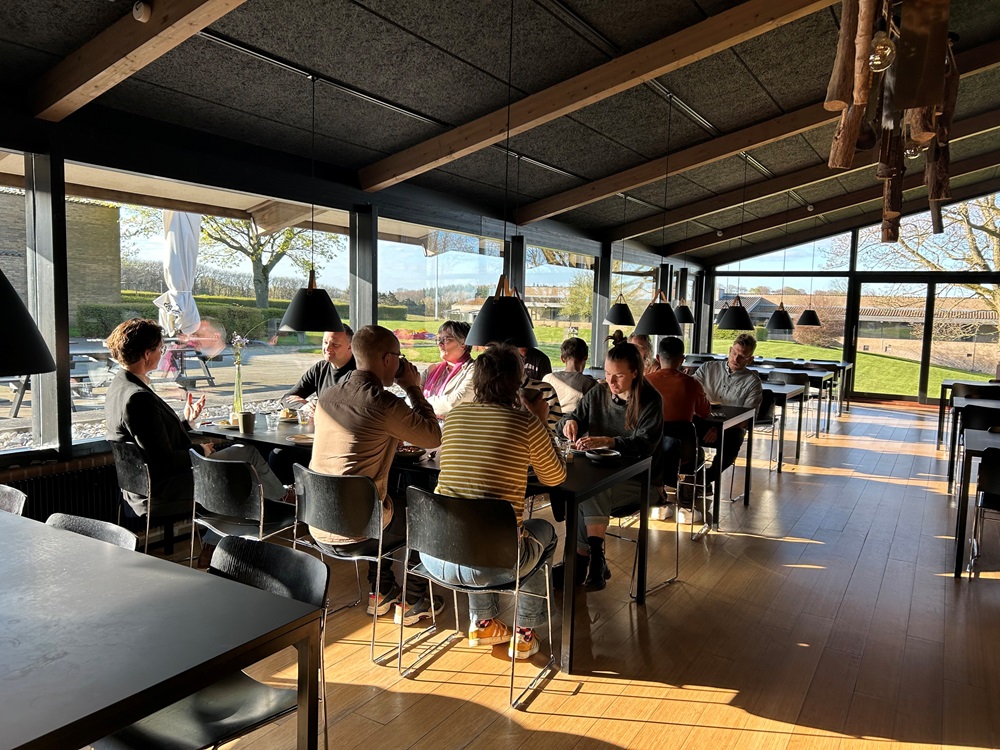SDU Maritime Research Platform
The SDU Maritime Research Platform was established in 2022 through a donation from A/S Dampskibsselskabet Orient’s Fond. The platform comprises maritime research projects across four faculties at the University of Southern Denmark, primarily involving PhD and postdoc projects. A special focus is placed on the offshore cluster.
All projects within the SDU Maritime Research Platform are linked to work packages rooted in strong research groups across the university. At the same time, researchers in the platform meet regularly to discuss their research in a highly interdisciplinary setting. The platform also has a strong focus on relations to the industry.
Joint events
Lunch meetings and seminars.
Seminars: Esbjerg Marts 14 2023, Middelfart Nov 16 2023, Middelfart April 22-23 2024, Fanø Nov 26-27 2024, Skagen May 19-21 2025

Steering committee
Marie Lützen (Engineering), Niels Rytter(Engineering), Julia Pahl (Engineering), Kristina Maria Siig (Social Science), Lisa Loloma Froholdt (Health Sciences) and Jeppe Nevers (Humanities).
The project is funded by A/S Dampskibsselskabet Orient’s Fond.
Project period: October 2022 to December 2026.
Work packages
- WP 1: Business History: Development of Maritime Clusters
- WP 2: Business Strategy and Logistics
- WP 3: Vessel motion and vibrations. Vessel and engine / Crew safety and work environment
- WP 4: Performance analysis – energy efficiency and maintenance
- WP 5 Co-creation of maritime regulation
- WP 6: Setting up risk governance framework for the Energy Hubs in relation to maritime operations